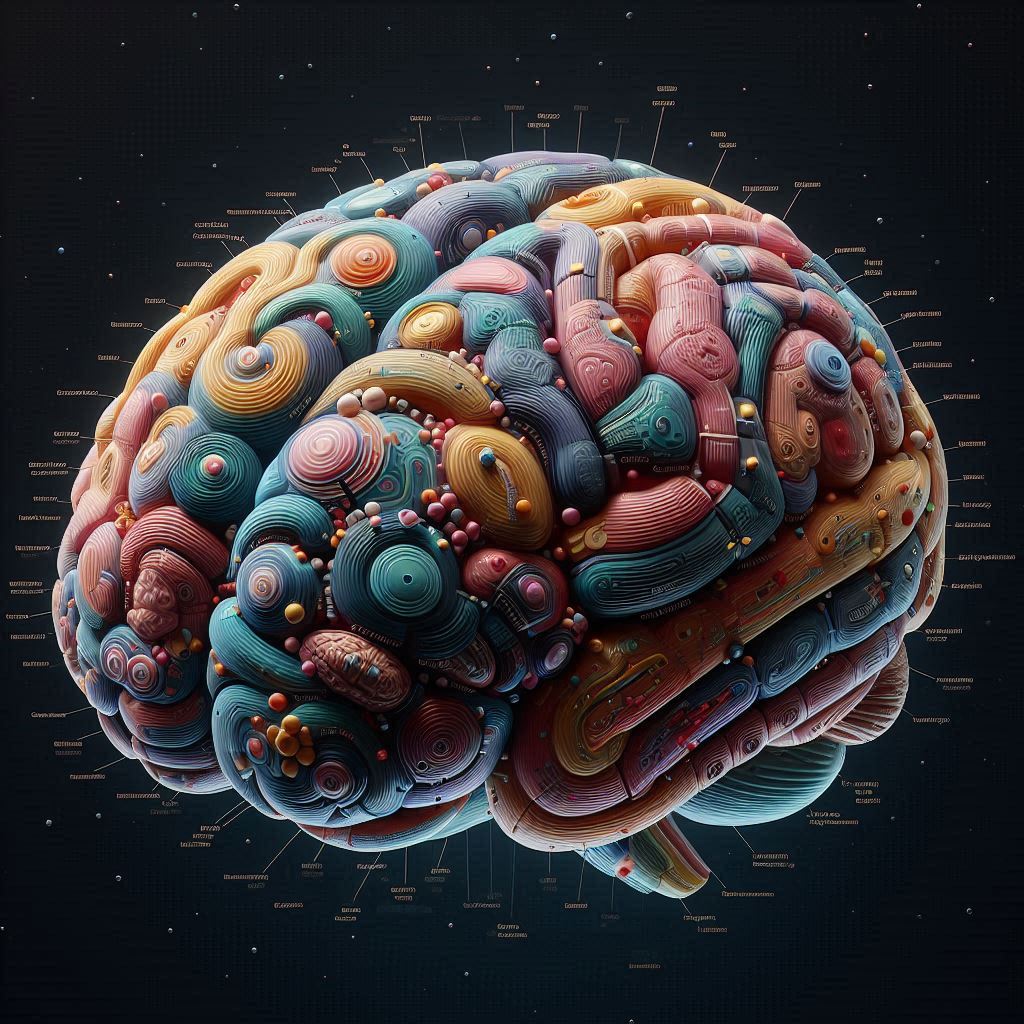
Unlocking the Mysteries of Our Most Complex Organ
In recent years, neuroscience has made remarkable strides in unraveling the complexities of the human brain. From innovative imaging techniques to groundbreaking discoveries about neural networks, researchers are pushing the boundaries of our understanding of this fascinating organ.
The Human Brain Project: A Decade of Discovery
One of the most significant initiatives in neuroscience research has been the Human Brain Project (HBP), a decade-long endeavor that concluded in 2023. This ambitious project brought together 155 organizations from 19 countries, resulting in the creation of a comprehensive "Human Brain Atlas." This 3D map offers unprecedented insights into brain structure, function, and connectivity, providing researchers with a powerful tool akin to "Google Maps for the brain."
Advancements in Brain Imaging Technologies
High-Resolution Functional Neuroimaging
Recent developments in functional MRI (fMRI) technology have allowed researchers to observe brain activity with increasing precision. New techniques are approaching cellular-resolution functional human neuroimaging, offering the potential to observe individual neuron activity in real-time.
Multimodal Imaging Approaches
Combining different imaging modalities, such as MRI, PET, and EEG, researchers are gaining a more comprehensive understanding of brain function. These multimodal approaches provide insights into both the structure and activity of the brain, offering a more complete picture of neural processes.
Breakthroughs in Understanding Brain Disorders
Alzheimer's Disease: New Diagnostic Tools
Researchers have made significant progress in developing blood tests and other minimally invasive methods to detect early signs of Alzheimer's disease. These advancements could lead to earlier interventions and potentially more effective treatments.
Epilepsy: Improved Surgical Techniques
In Marseille, France, researchers have developed new methods for more effective epilepsy surgeries, potentially improving outcomes for patients with this challenging neurological disorder.
The Rise of Digital Neuroscience
The integration of digital technologies with neuroscience has opened new avenues for research and treatment. Artificial intelligence and machine learning algorithms are being employed to analyze vast amounts of brain data, identify patterns, and even predict neurological outcomes.
Personalized Brain Medicine
Advances in neuroscience are paving the way for more personalized approaches to brain health. Researchers are developing "digital twins" - computer-based mathematical brain models that can be continuously updated with individual patient data. These models have the potential to improve diagnostics and therapy planning for conditions such as epilepsy.
The Future of Neuroscience: EBRAINS and Beyond
The conclusion of the Human Brain Project has led to the establishment of EBRAINS, an open research infrastructure designed to accelerate brain-related research. This platform provides researchers with access to data, tools, and computing facilities, fostering collaboration and innovation in the field.
Ethical Considerations in Brain Research
As neuroscience advances, ethical questions arise regarding privacy, consent, and the potential for misuse of brain data. Researchers and policymakers are grappling with these issues to ensure that progress in neuroscience benefits society while protecting individual rights.
Conclusion: A New Era of Brain Understanding
The recent advances in neuroscience research have brought us closer than ever to understanding the intricacies of the human brain. From mapping neural connections to developing personalized treatments for brain disorders, the field is entering an exciting new era. As we continue to unlock the secrets of our most complex organ, the potential for improving human health and well-being is immense.











